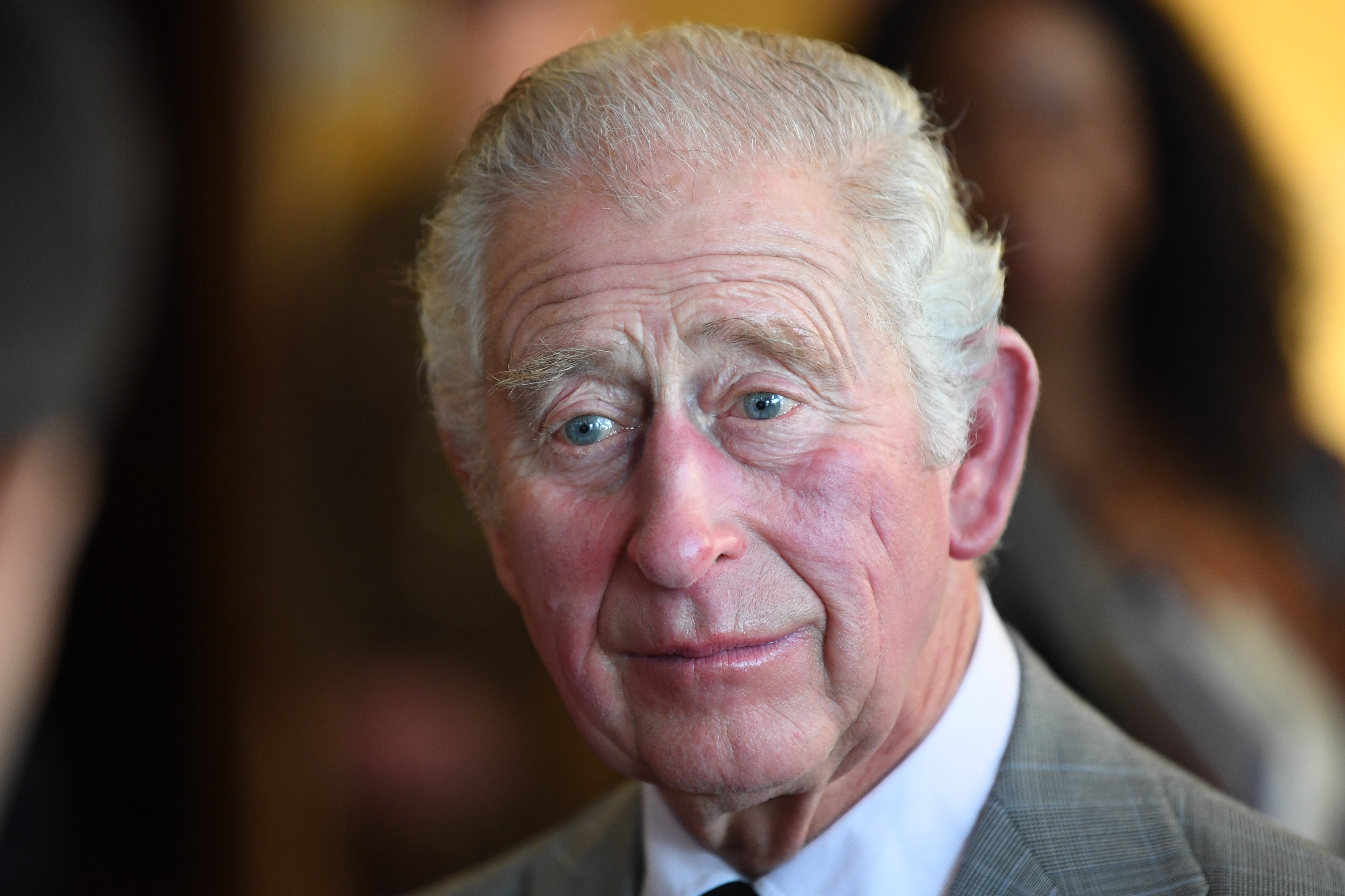Charles to highlight UK bonds as Barbados becomes a republic
The Queen has been Barbados’s head of state since it became independent in 1966 but Dame Sandra Mason will be sworn in as its first president.

The Prince of Wales will highlight the shared goals and enduring bonds between Barbados and the UK during a ceremony marking the Caribbean country’s transition to a republic.
Charles will also tell the nation it is “important” for him to attend the event, being staged in the capital Bridgetown to “reaffirm those things which do not change” as the major constitutional shift takes place.
The heir to the throne will deliver his address just after midnight, local time, as Barbados begins a new chapter in its history on November 30 – the 55th anniversary of independence from Britain – after its first president Dame Sandra Mason is sworn in.
Barbados’s decision to remove the Queen as head of state will be watched closely by other members of the Commonwealth especially in the Caribbean region.
During the ceremony in National Heroes Square, Charles is expected to say: “As your constitutional status changes, it was important to me that I should join you to reaffirm those things which do not change.”
He will go on to give examples of the ties that will remain – “the close and trusted partnership between Barbados and the United Kingdom as vital members of the Commonwealth” and “our common determination to defend the values we both cherish and to pursue the goals we share”.
Charles is also expected to celebrate the cultural, social and economic bonds between the UK and Barbados, “the myriad connections between the people of our countries – through which flow admiration and affection, co-operation and opportunity – strengthening and enriching us all”.
Barbados is following other Caribbean nations who have also dispensed with the Queen as their head of state, with Guyana becoming a republic in 1970, Trinidad and Tobago following in 1976 and Dominica two years later.
In recent years Jamaica has also flagged it wants an elected head of state, with Prime Minister Andrew Holness saying it is a priority of his government, but has yet to achieve it.
Charles is also expected to talk about reaffirming the friendship he has had with the island since he first visited 50 years ago and praise the invaluable contribution of the Barbadian diaspora in the UK.
During the ceremony, service personnel will march past the prince and give their final salute to the monarchy before the Queen’s standard is lowered and the presidential flag raised.
Demonstrations are expected during the day with some Bajans demanding an apology and reparations from the monarchy and UK Government for slavery.
Charles will also receive the Freedom of Barbados, awarded for extraordinary service to the country, the Caribbean diaspora or to humanity at large.
The Queen has been Barbados’s head of state since it became independent in 1966 but the issue of becoming a republic has been discussed at national level during the following decades.
Barbados is one of the Queen’s 16 realms – countries where she is head of state – and in the Caribbean region other countries include Antigua and Barbuda, Bahamas, Belize, Grenada, Jamaica, Saint Kitts and Nevis, Saint Lucia and St Vincent.
Charles arrived in Barbados on the ministerial jet Voyager late on Sunday night local time, and was greeted by a large diplomatic party led by Britain’s high commissioner to Barbados Scott Furssedonn-Wood.
Barbadian prime minister Mia Motley and military chiefs lined a red carpet and were introduced to the prince.
Also part of the welcoming group was a Guard of Honour and military band, and a deafening 21-gun salute rang out across the Grantley Adams International Airport to mark the prince’s arrival.
Bookmark popover
Removed from bookmarks